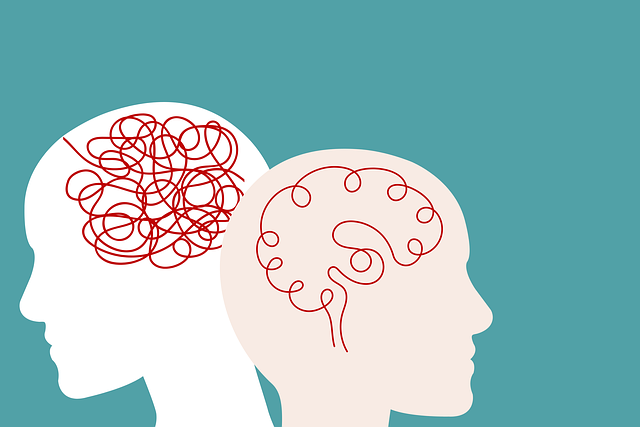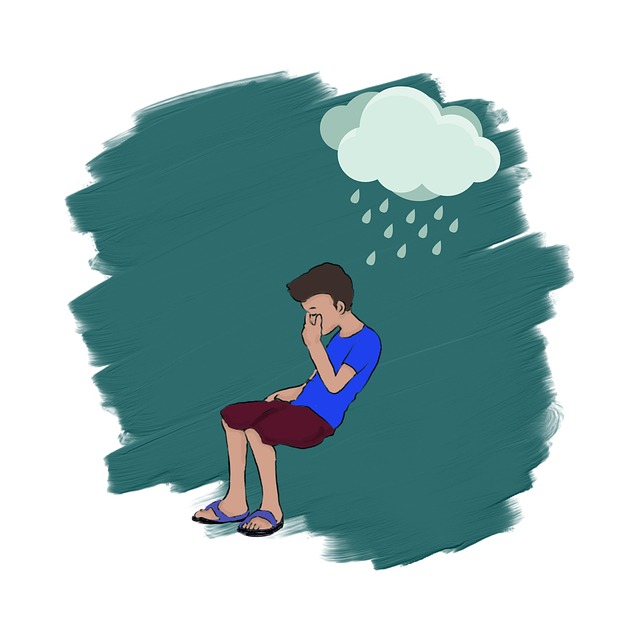Mental health advocacy for children is crucial during brain development stages, fostering future resilience. Initiatives focus on raising awareness about distress signs, challenging stigma, and promoting early intervention through accessible therapy for children. Educating communities, parents, and caregivers normalizes help-seeking behaviors, empowers children with self-care practices, and enables them to manage emotional well-being, including recovery from child abuse. Early identification of abuse through recognizing behavioral changes and emotional distress is key. Therapy serves as a powerful tool for recovery and prevention, building resilience and coping mechanisms. Community-driven advocacy groups create supportive networks, promote mental health education, and integrate self-care routines for holistic well-being.
Mental health advocacy plays a crucial role in ensuring children’s well-being, especially in addressing issues like child abuse. This article explores various facets of mental health support for young individuals. We delve into understanding mental health advocacy and its significance for children. It examines strategies to identify and prevent child abuse, highlighting the power of early intervention. Additionally, we discuss therapy as a vital tool for recovery and provide insights into community-driven initiatives fostering supportive networks. By exploring these key areas, we aim to shed light on comprehensive approaches to safeguarding childhood mental health.
- Understanding Mental Health Advocacy for Children
- Identifying and Addressing Child Abuse
- The Role of Therapy in Recovery and Prevention
- Community Initiatives and Support Networks
Understanding Mental Health Advocacy for Children

Mental Health advocacy for children is a critical aspect of ensuring young minds receive the care and support they need to thrive. It involves raising awareness about childhood mental health issues, challenging stigma, and promoting early intervention and access to appropriate therapy for children. Childhood is a crucial period for brain development, and emotional well-being plays a significant role in shaping future resilience and overall mental health.
Advocacy initiatives focus on educating communities, parents, and caregivers about the signs of distress in children, encouraging open conversations around mental health, and fostering an environment where seeking help is normalized. By integrating self-care practices, positive thinking techniques, and inner strength development into educational settings and homes, we can empower children to manage their emotional well-being and provide them with essential tools to cope with challenges, including potential trauma or child abuse experiences.
Identifying and Addressing Child Abuse

Identifying child abuse is a critical step in ensuring the mental health and well-being of young individuals. This often involves recognizing signs such as unexplained injuries, behavioral changes, or emotional distress. Many communities now promote educational programs that teach parents and caregivers about the potential indicators of abuse, fostering an environment where concerns can be raised without stigma. Early intervention is key; when abuse is addressed promptly, it can prevent long-term mental health issues. Therapy for children exposed to abuse plays a significant role in healing and building resilience.
Mental Health Policy Analysis and Advocacy groups have been instrumental in pushing for better crisis intervention guidance, ensuring that systems are in place to support affected children. These efforts contribute to the development of effective Emotional Well-being Promotion Techniques, which can be implemented at schools, community centers, and healthcare facilities. By integrating these initiatives, communities can create a supportive network that not only identifies and addresses child abuse but also promotes healthy emotional development.
The Role of Therapy in Recovery and Prevention

Therapy plays a pivotal role in both recovery from mental health issues and preventing their onset, especially in vulnerable populations like children who have experienced child abuse. For kids who have suffered trauma, therapy provides a safe space to process their experiences and develop coping mechanisms. Through evidence-based approaches tailored to their age and needs, therapists help them build resilience, fostering a sense of safety and security.
Early intervention is key in depression prevention, and therapy offers a proactive approach. Trauma support services can equip children with the skills to manage stress, regulate emotions, and communicate effectively, all of which contribute to long-term mental well-being. By addressing underlying issues and providing the necessary tools, therapy empowers individuals, breaking down barriers and promoting overall health.
Community Initiatives and Support Networks

In many communities, mental health advocacy initiatives are led by grassroots efforts that focus on early intervention and prevention strategies. One significant area of emphasis is therapy for children, particularly in addressing issues stemming from child abuse. These community-driven initiatives often take the form of support networks where individuals who have experienced similar challenges can find solace, share experiences, and offer mutual aid. Such networks foster a sense of belonging and understanding, which are crucial components in the healing process.
Beyond individual support, these advocacy groups actively promote mental health education programs designed to raise awareness about various conditions, break down stigma, and equip individuals with coping mechanisms. Additionally, they facilitate self-care routine development for better mental health, encouraging practices like mindfulness, meditation, and physical activity that contribute to holistic well-being. The success of these initiatives often lies in their ability to seamlessly integrate with existing community outreach programs, ensuring a comprehensive approach to mental health support.
Mental health advocacy initiatives, including therapy for children and the addressing of child abuse, play a pivotal role in fostering resilient communities. By understanding the nuances of mental health advocacy and implementing support networks like community initiatives, we can significantly enhance prevention strategies and recovery outcomes. Recognizing the power of therapy in mitigating child abuse is essential to creating a safer, more nurturing environment for all.














